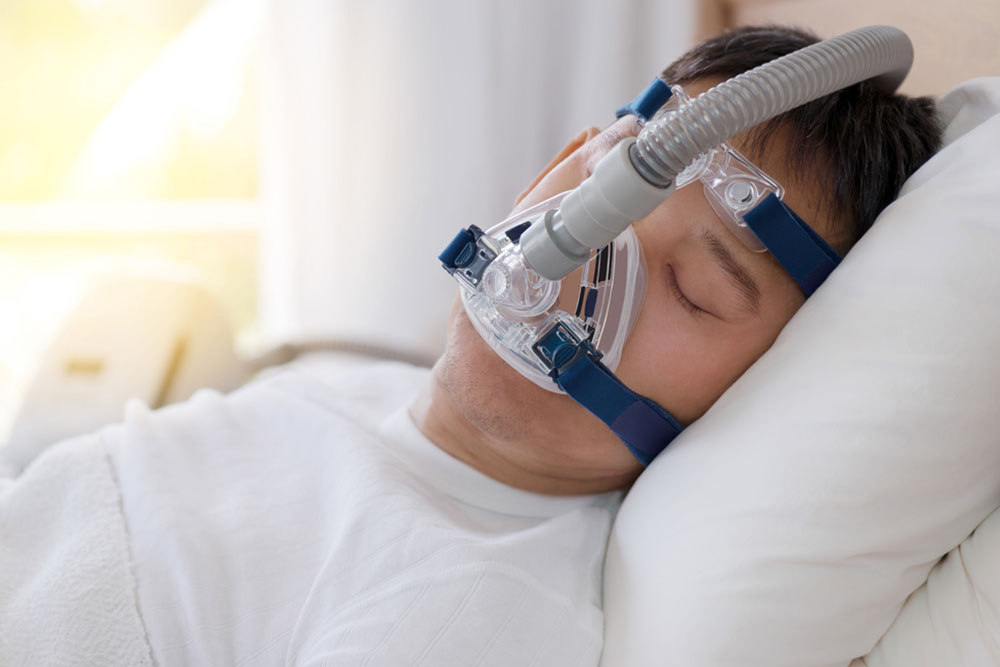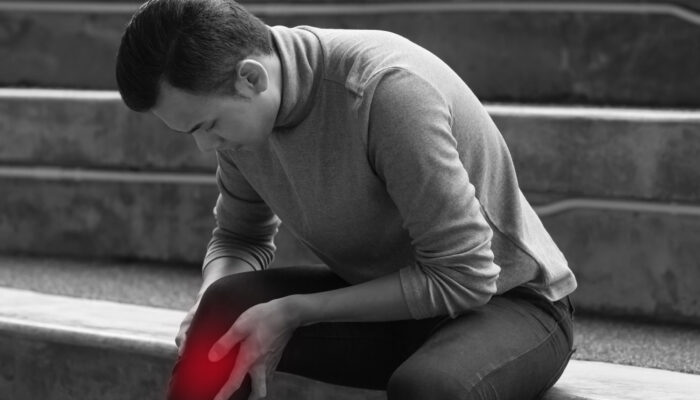
Factors that risk the development of sleep apnea
Sleep apnea is a serious medical condition, wherein your breathing is interrupted when you are asleep. If left untreated, sleep apnea may cause your breathing to stop numerous times, during your sleep. Interrupted breathing will cause a reduction in the supply of oxygen to your brain and other parts of your body, resulting in fatal consequences.
There are typically two types of sleep apnea:
Obstructive sleep apnea
This type is more common and occurs when the soft tissues in the throat relax, causing a blockage in the airway. The airway is either fully blocked or narrowed down, thereby hindering your breathing. This will cause you to snort, choke or gasp, and lead to your sleep being interrupted. Some factors determine that whether you are at risk for obstructive sleep apnea are:
- Weight: You are likely to have fat deposits around your airway, if you are obese, which can obstruct breathing.
- Neck circumference: If you have a thicker neck, you might have narrower airways.
- A narrowed airway: Your narrow airway may be genetic. Children often have swollen tonsils or adenoids which can block the airway.
- Sex: You are three times more likely to suffer from sleep apnea if you are a man.
- Menopause: If you are a woman above 45 years of age, you are more likely to suffer from sleep apnea.
- Old age : Sleep apnea is more common at old age than among children and young adults.
- Family history: If your family has people with sleep apnea, you are at a greater risk of inheriting it.
- Use of alcohol, sedatives or tranquilizers: These substances prompt the muscles in your throat to relax and cause obstructive sleep apnea.
- Smoking: If you are a smoker, you are three times more likely to suffer from obstructive sleep apnea than the people who’ve never smoked. Smoking can increase the amount of inflammation and fluid retention in the upper airway causing it to block.
- Nasal congestion: If you have stuffed nose due to an anatomical problem or allergies, you are more likely to suffer from sleep apnea.
Central sleep apnea
This type of sleep apnea occurs when your breathing muscles do not receive signals from your brain due to instability in the respiratory control center. In this case, the airway is not necessarily blocked. You are left breathless for a few moments during your sleep and you will find it difficult to sleep.
Some factors which make you more vulnerable to developing central sleep apnea are:
- Old age: As you age, you have a higher risk of central sleep apnea.
- Sex: Males tend to suffer from central sleep apnea more than women do.
- Heart conditions: Some heart conditions increase the risk of central sleep apnea.
- Use of narcotic pain medications: Prescriptive opioid pain medications that have a long-acting effect such as methadone, increase the risk of central sleep apnea.
- Stroke: An individual who has had a stroke is at higher risk for central sleep apnea or treatment-emergent central sleep apnea.



